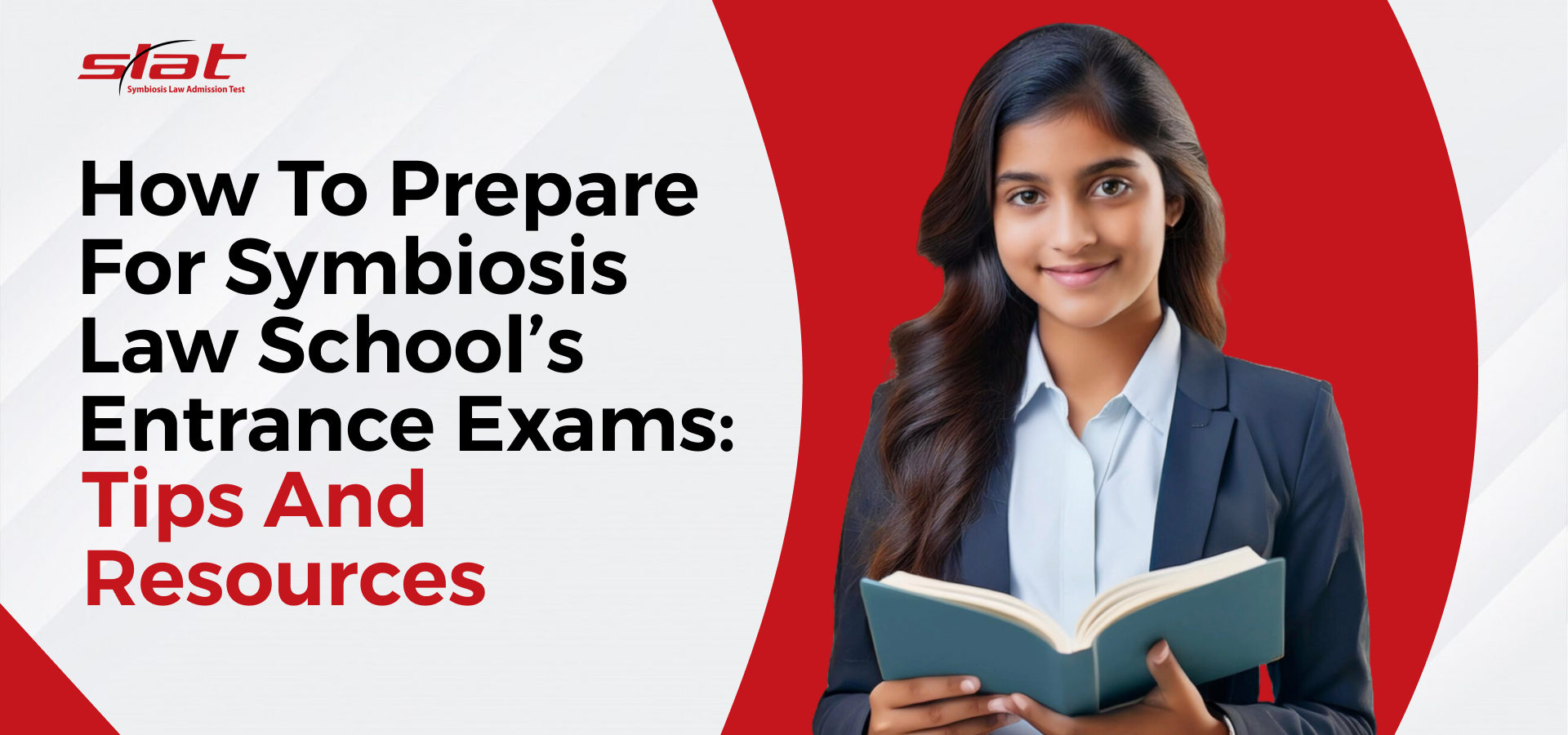The Role of Group Discussions and Personal Interviews in SLAT Admissions

Overview
The Symbiosis Law Admission Test (SLAT) is not just about securing a good score in the written exam. The admission process extends beyond this, with group discussions (GD) and personal interviews (PI) playing a significant role in the final selection. These stages help assess the candidate’s communication skills, analytical thinking and ability to present arguments clearly, which are essential qualities for a successful law professional.
During the group discussion, candidates are evaluated on their teamwork, leadership and reasoning abilities while discussing contemporary issues or hypothetical legal scenarios. The personal interview focuses on understanding the candidate’s academic background, general knowledge and motivations for pursuing law, ensuring they are well-rounded individuals ready for the challenges of legal education.
By incorporating GD and PI into the Symbiosis Law Test admissions process, Symbiosis Law School selects students who not only excel academically but also possess strong interpersonal and critical thinking skills, which are crucial for thriving in the legal field. Therefore, this blog dedicatedly focuses on the significance of group discussion and personal interviews in a detailed manner for your better understanding so let’s dive in.
Significance of Group Discussions in SLAT
The entire concept of group discussion in any type of national-level competitive exam like SLAT holds a lot of importance for every aspiring candidate. It helps them make themselves more efficient in their career paths in the long run. Likewise, there are some prominent significances of group discussion in SLAT, which are as follows:
-
Key Component in Selection:
The idea of group discussions is a vital part of the SLAT Selection Procedure 2026. It is designed to assess
candidates’ communication, reasoning as well as teamwork skills since those are fundamental in the current legal profession. -
Topic Discussions:
Candidates are divided into groups and presented with topics, often linked to current affairs or legal scenarios and are expected to participate in structured discussions, showcasing their ability to think and communicate effectively.
-
Evaluation Criteria:
Assessors closely monitor how well candidates express their thoughts, the logic behind their arguments and how
they engage with other participants. This evaluation highlights their analytical and critical thinking abilities, essential for success in law. -
Interpersonal Skills:
GDs test crucial soft skills such as leadership, teamwork and the ability to perform under pressure. These are important qualities for law professionals who must work collaboratively in dynamic environments.
-
Showcasing Versatility:
GDs give candidates a platform to showcase their broader skills beyond academics. They can display their debating abilities, communication skills and their suitability for the law field.
-
Boosting Selection Chances:
A strong performance in the GD phase can significantly improve a candidate’s overall standing in the SLAT Selection Procedure 2026, demonstrating their readiness for both intellectual and collaborative challenges in a legal career.
The Role Of Personal Interviews In Competitive Exams
In any type of competitive exam like the SLAT, a personal interview (PI) plays a crucial role in demonstrating a candidate’s motivational power as well as confidence level, along with other noticeable aspects. As a SLAT candidate, aspects that you need to look after are:
-
Holistic Evaluation:
Personal Interviews (PI) provide a comprehensive assessment of candidates beyond their academic knowledge, focusing on their personality, communication and critical thinking abilities. In SLAT 2026, this step evaluates how well-rounded a candidate is.
-
Communication and Confidence:
The SLAT 2026 PI round assesses a candidate’s ability to articulate thoughts clearly and confidently. Interviewers pay attention to how well candidates present their ideas and handle difficult questions.
-
Motivation and Career Aspiration:
PI helps interviewers understand the candidate’s motivation for pursuing a law career, their interest in the field and how well-informed they are about current legal affairs and societal issues.
-
Real-World Problem Solving:
Through challenging questions, candidates are evaluated on their approach to solving real-world problems. This helps gauge their critical thinking and decision-making skills, crucial in the legal field.
-
Soft Skills Assessment:
PI also tests emotional intelligence, adaptability and interpersonal skills. These traits are essential for thriving in a law career, where teamwork, resilience and client interaction are frequent.
-
Boosting Admission Chances:
Excelling in the SLAT 2026 PI round significantly enhances a candidate’s chances of selection, as it demonstrates the balance of knowledge. It also illustrates important areas of SLAT PI like personality and legal aptitude, ensuring they are prepared for future challenges.
Conclusion
The SLAT selection procedure 2026 is such a comprehensive evaluation that reaches beyond academic scores for evaluating the overall potential of a candidate like you. While preparing for the exam, you need to remember that group discussion and personal interview are the major two aspects of the admission procedure that come right after the test. With the help of GD and PI candidates, they are getting tested for their communication skills, critical thinking skills and leadership skills with their emotional intelligence.
Therefore, these stages ensure that SLAT candidates are academically capable and also possess the interpersonal and problem-solving capabilities required for a successful legal career. Excelling in both the written exam as well as these additional stages significantly develops a student’s chances of admission while making the SLAT 2026 a well-structured selection procedure.

 9071013499
9071013499 info@slat-test.org
info@slat-test.org SLAT Bulletin 2025
SLAT Bulletin 2025









